
My patients probably don’t notice that I’m out of the office the first week of November every four years. It’s not a coincidence nor a rite of Fall. It’s Get Out the Vote (GOTV). Every year since 2000, my cousin Scot and I make quadrennial pilgrimages to “battleground states” for GOTV. We went to Colorado in 2008, Toledo in 2012, and Tampa in 2016.
But why would a 63-year-old doctor with sore feet and aching knees walk neighborhoods thousands of miles from home? My family and my career would not be affected much by the outcome of an election. What gets me out and knocking on doors are the healthcare needs of my own patients and millions like them across the country.
Throughout my thirty-plus years in medicine, I’ve seen many harmed and some die from lack of medical care. Understandably fearful of sky-high costs, the uninsured often wait, hoping that their problems will go away. But in so doing, they often get diagnosed late and end up needing care that’s more extensive, more costly, and sometimes too late to make a difference. Most developed nations in the world recognize healthcare is a basic right and provide universal healthcare coverage for all citizens. I’ve always believed that Americans deserve similar access to quality care, regardless of their employment or financial status.
My efforts and those of millions seemed finally to bear fruit with the passage of the Affordable Care Act (ACA) in 2010. The ACA’s insurance exchanges provided enrollees with group purchasing power and subsidies for those that could not otherwise afford it, thus making acquiring health care more affordable for many. The ACA also prevented enrollees from being excluded for pre-existing conditions like diabetes or hypertension.
The opposition to the ACA offered no surprise. Many republicans previously opposed government action in healthcare — more Senate Republicans voted against the 1965 Medicare Act than for it. A handful of Congressional Democrats also opposed the ACA. Yet, once the insurance program for seniors took effect in the 1960s, both parties were able to cooperate to make it work. Unfortunately, unlike seniors, the approximately 20 million Americans dependent on the ACA for coverage don’t pack the political punch needed to protect their benefits from partisan politics.
That stark reality, coupled with the more polarized political climate of 2016, augured poorly for the ACA when President Trump took office. In his 2016 campaign, Trump vowed to “repeal and replace” the ACA with something “much better.” In May 2017, Congress voted to repeal key provisions of the ACA, which, according to Congressional Budget Office estimates, would have left fifteen million more without insurance. The repeal failed in the Senate due to votes cast by Senators Lisa Murkowski, Susan Collins, and, most influentially, John McCain. “Stuck” with the ACA, the Trump administration took actions to undermine it, such as defunding insurance subsidies and reducing advertising for enrollment opportunities.
Before 2016, opponents of the ACA had already taken their best shot at overturning it in the courts. In 2012, the Supreme Court found the ACA’s individual mandate constitutional and only weakened a single feature — the requirement that states expand Medicaid coverage. The Trump administration now supports a second court challenge of the ACA on the dubious theory that if the individual mandate is found to be unconstitutional, the entire ACA must be invalidated.
In witnessing these efforts to overturn the ACA, I can’t help but think of the ACA as a program that provides a lifeline to health care for 20 million Americans during a pandemic. I can’t help but think of those who have lost jobs due to COVID-19 and now lack health care.
Every vote we secure is another small step toward protecting my patients and those that need care and cannot pay for it without the ACA.
Like much else in 2020, GOTV efforts will be affected by the pandemic. My original plan to travel to Arizona, the largest battleground state within a reasonable car ride, is in doubt due to concerns about the safety of door-to-door contacts. We may be phone-banking instead. Regardless, I realize that the efforts of my cousin and me will be unlikely to make a difference in this election. Nonetheless, like voting itself, we are making a small contribution to the collective efforts of hundreds of thousands of other volunteers across the country. Every vote we secure is another small step toward protecting my patients and those that need care and cannot pay for it without the ACA.
The abolitionist William Lloyd Garrison once said of his anti-slavery efforts, “I have need to be all on fire, for I have mountains of ice about me to melt.” Like the abolition of slavery, healthcare access is a matter of human rights. So, early this November, Scot and I will once again light a small candle to melt the ice that threatens the care of millions.
Daniel Stone is Regional Medical Director of Cedars-Sinai Valley Network and a practicing internist and geriatrician with Cedars Sinai Medical Group. The views expressed in this column do not necessarily reflect those of Cedars-Sinai.
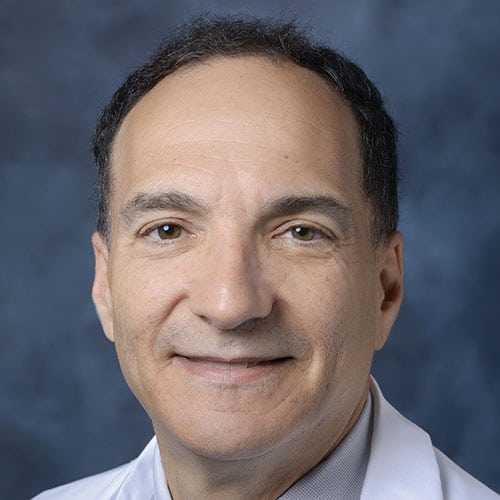


















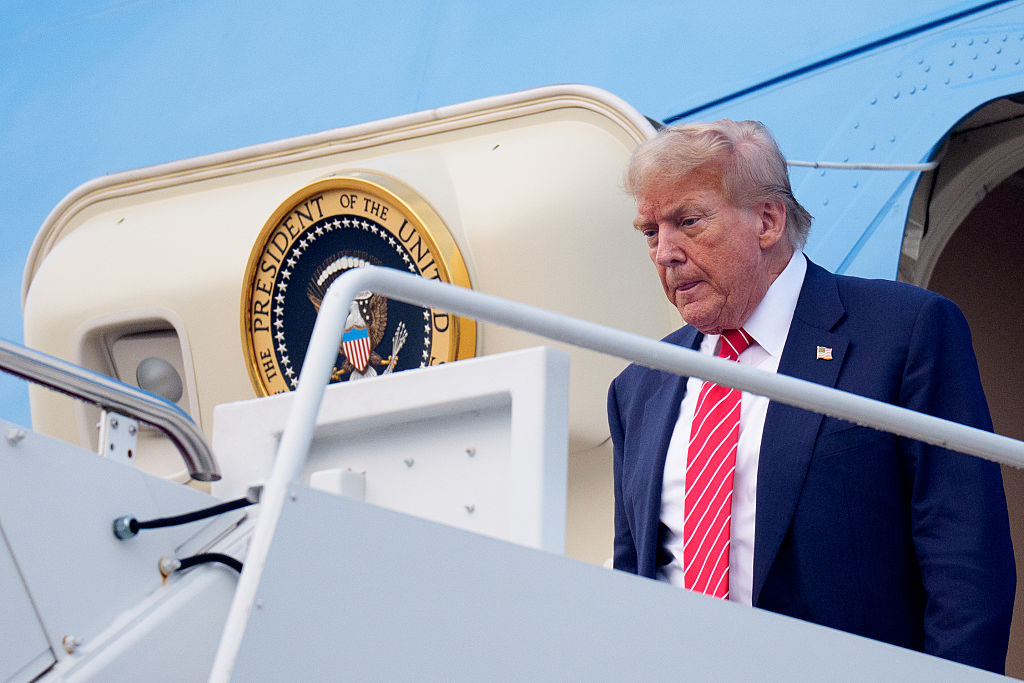


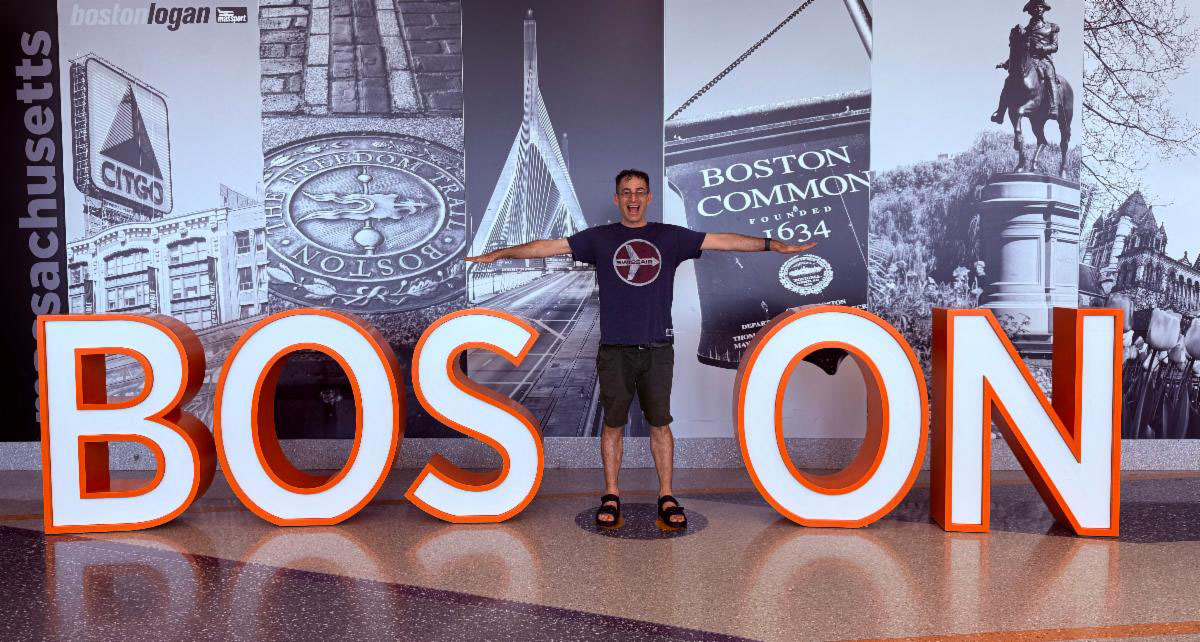
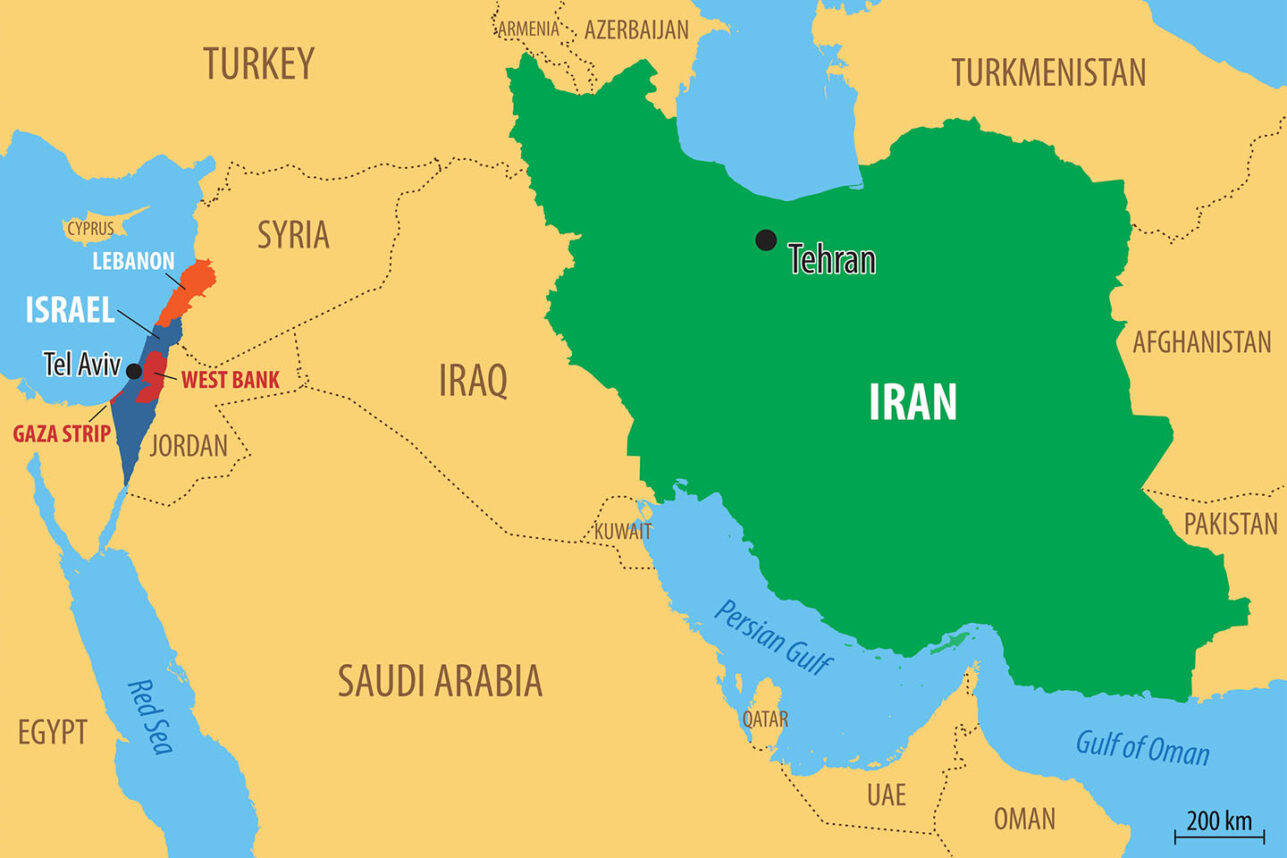

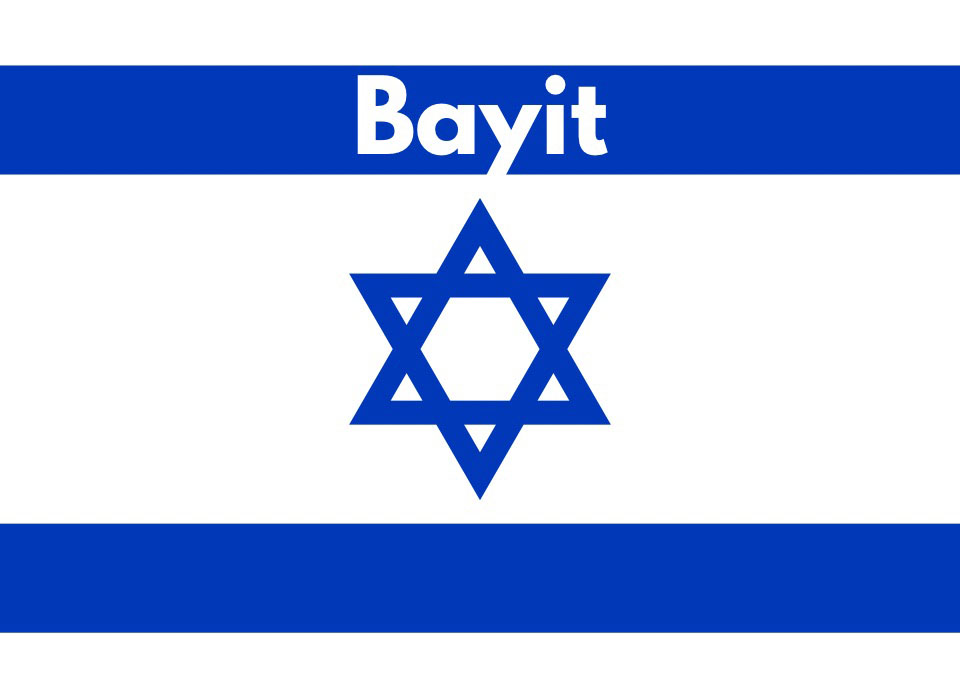


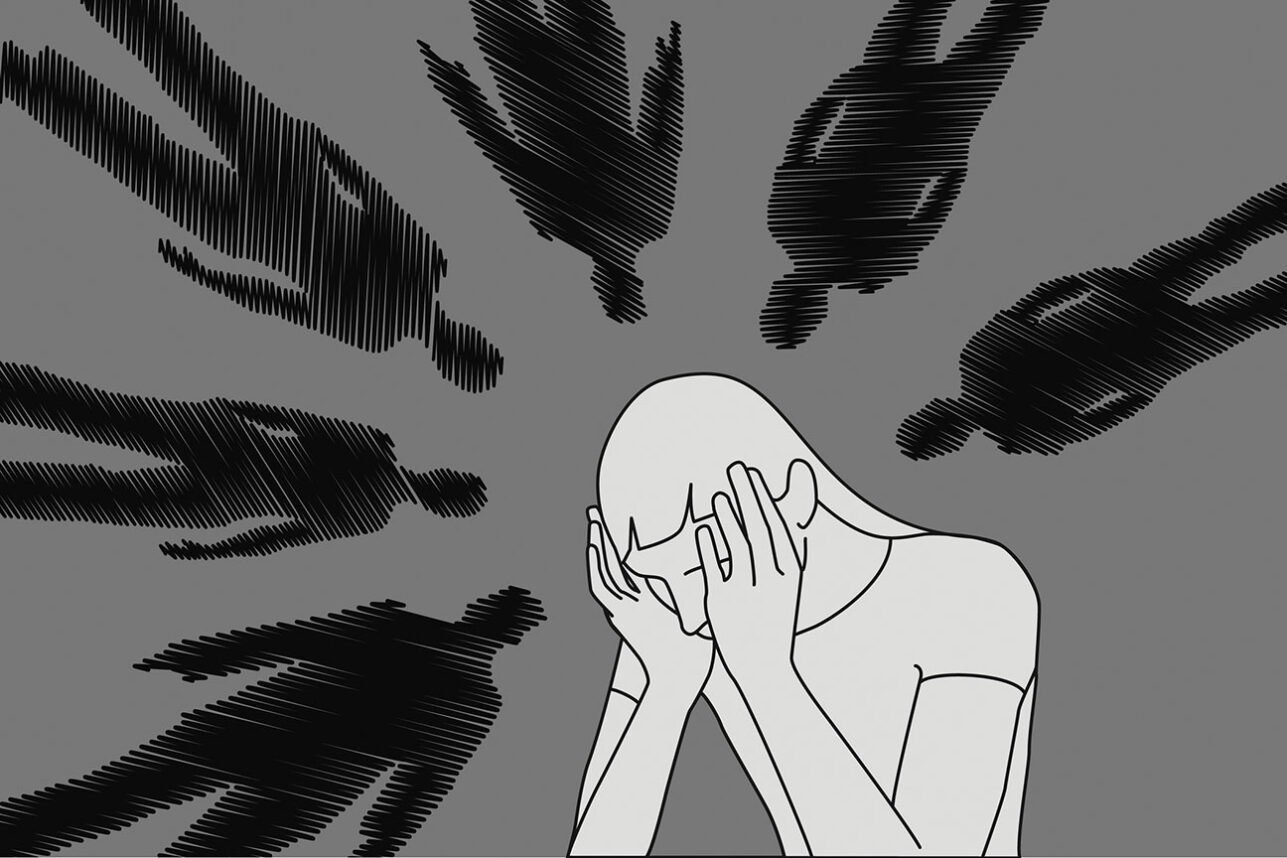
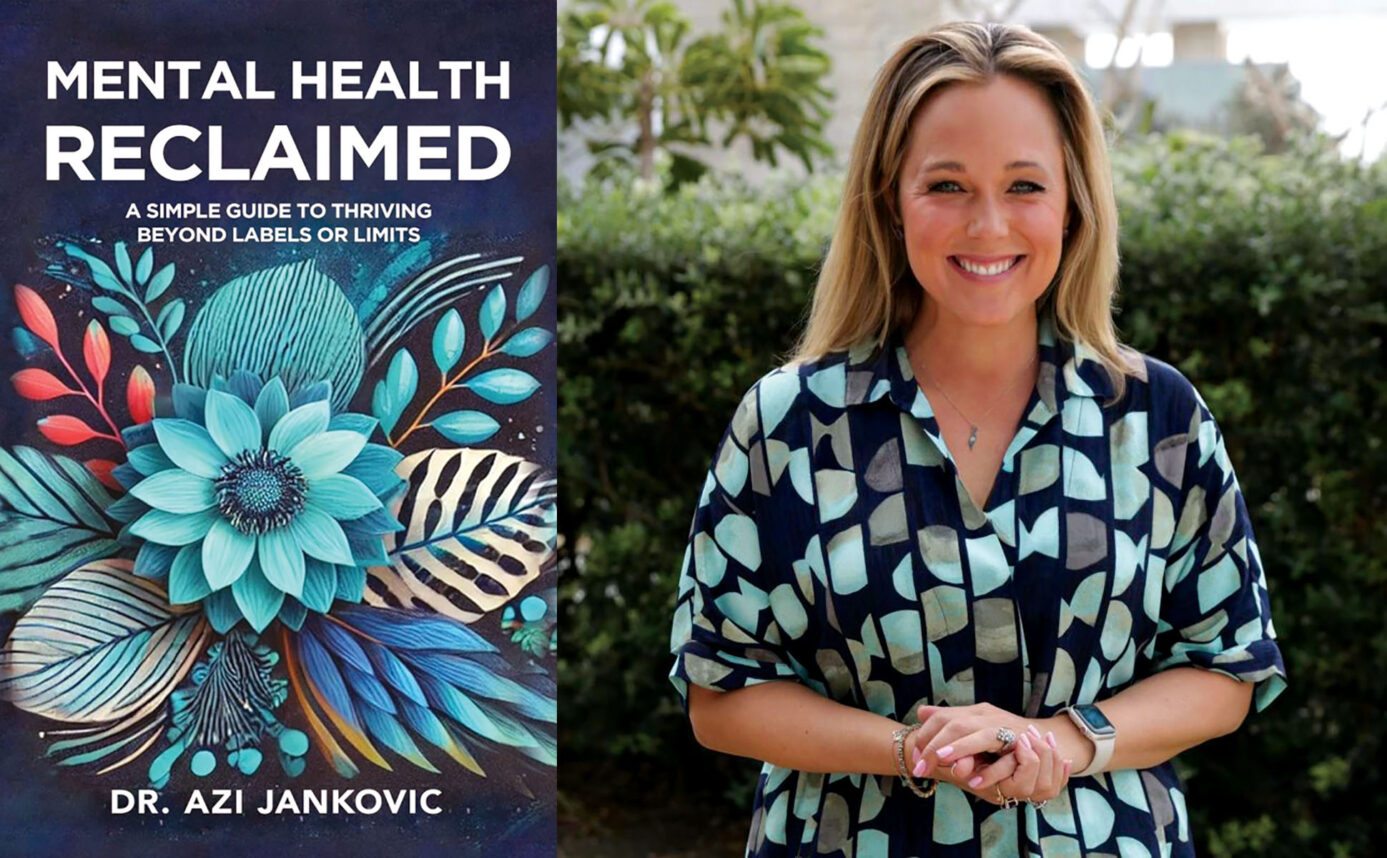
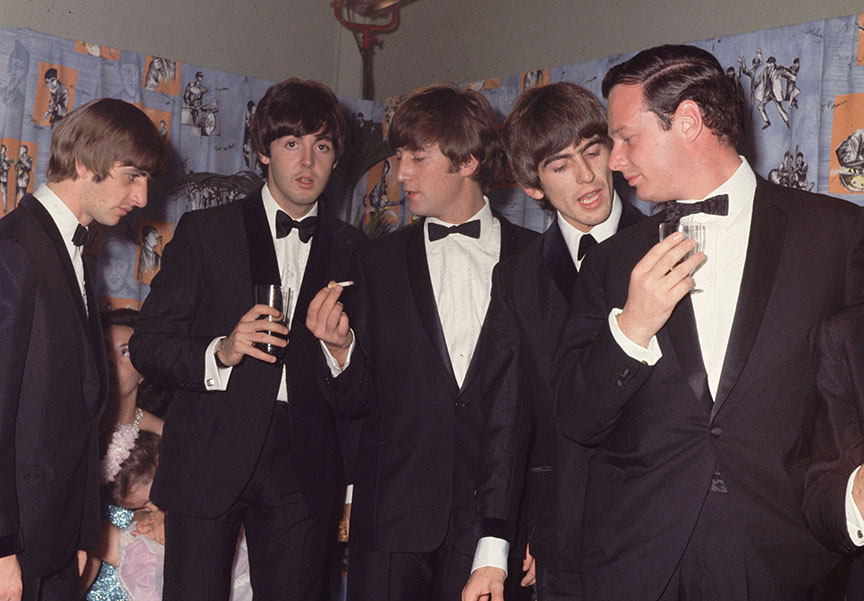
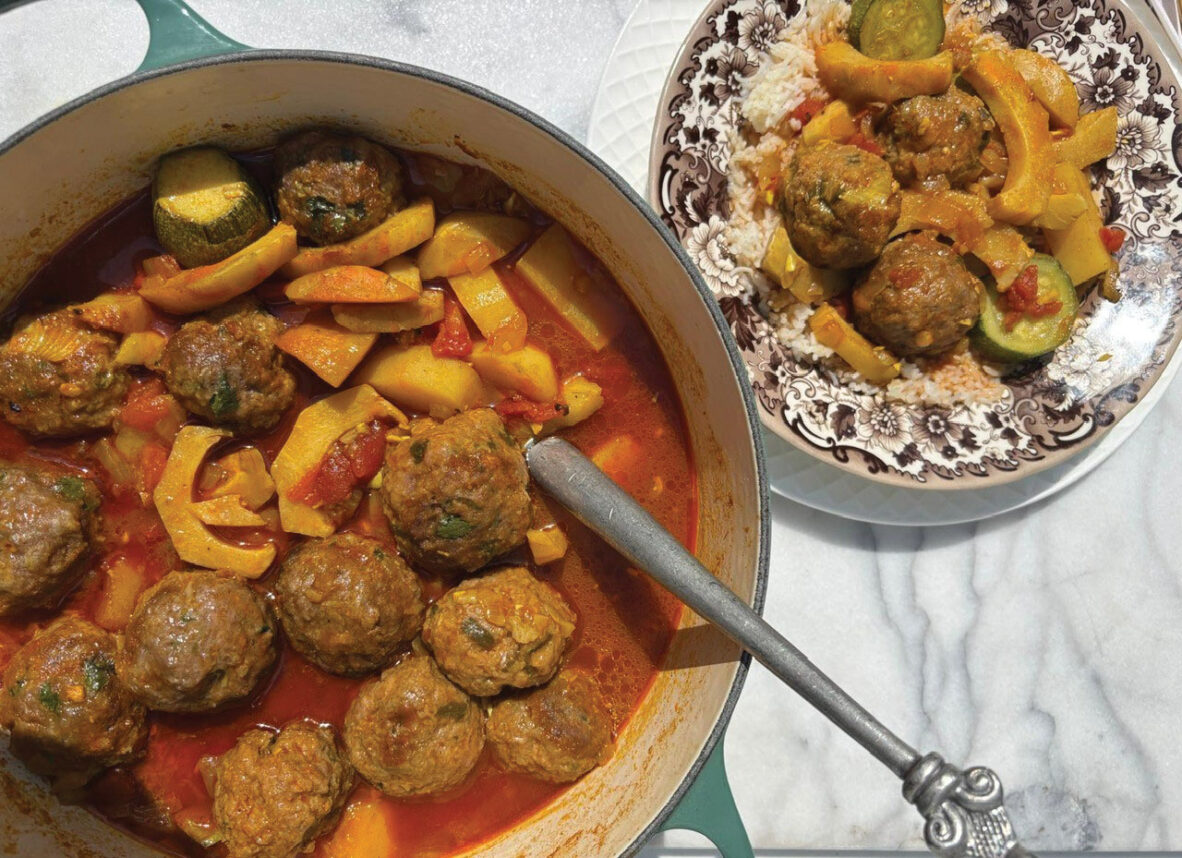


 More news and opinions than at a Shabbat dinner, right in your inbox.
More news and opinions than at a Shabbat dinner, right in your inbox.